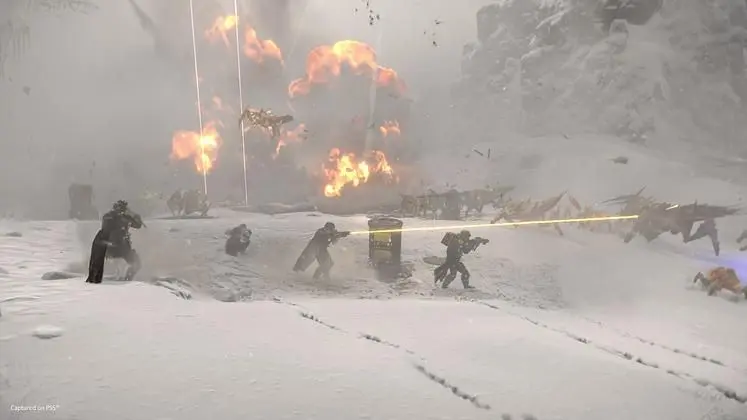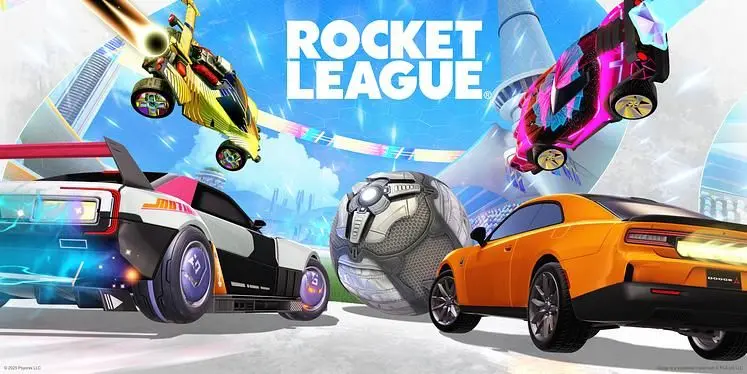In a world where gaming is more accessible than ever, not all players start on equal footing. Once, the difference between victory and defeat hinged on skill, strategy, or maybe just a bit of luck. Now, it often comes down to how much you are willing to spend, and money isn’t just power; instead, it’s the entire playbook.
You’ve likely encountered it. A seemingly free mobile or console game lures you in with flashy graphics, addictive mechanics, and the promise of fair competition. But before long, the grind begins. Progress slows to a crawl. Upgrades take days unless you’re willing to spend, but your opponents suddenly seem supercharged, sprinting past your achievements as if they’ve found a secret weapon.
The Psychology of the Shortcut
Pay-to-win, or P2W, is less a genre and more a business model that’s redefined how games are made, played, and monetised. It’s not new, but it has evolved. These days, it doesn’t just live in mobile puzzle titles. It’s taken hold in competitive shooters, MMOs, and even sports franchises, anywhere developers can inject a paid shortcut.
Some games offer starting bonuses to kick things off, much like online casinos give away promotions in the form of bonus cash or free spins for a head start and a taste of the game, like the ones on this no deposit bonuses list. And that comparison isn’t accidental. Game developers are increasingly borrowing mechanics and reward structures from the world of online promotions.
What makes the model so powerful isn’t just the revenue. It’s the psychology behind it. Developers create friction by design. They slow your progress intentionally, then offer a way out, for a price. That upgrade you need to beat the next level? Pay. The weapon that tips the balance in player-versus-player? It’s available in a timed offer. And when losing starts to feel personal, many players decide it’s easier to spend than struggle.
Consumer Reactions
Not everyone objects, of course. For some, the convenience is worth the money. Casual players, short on time but flush with disposable income, see microtransactions as a shortcut, not a betrayal. They want entertainment without frustration. And pay-to-win delivers exactly that. The game becomes less about mastery and more about momentum. The faster you move, the better it feels.
But for competitive players, P2W erodes trust. It turns leaderboards into auctions and sidelines those who rely on skill alone. It fractures online communities and drives away loyal fans who can’t—or won’t—pay to keep up. The short-term financial success of these games is hard to ignore, but the long-term cost to fairness is often ignored.
Some studios are trying to course-correct. They’re building models around cosmetics, limited battle passes, or grinding systems that don’t rely on real-world wallets. The audience is starting to notice. Players praise titles that make rewards feel earned rather than bought. And with growing transparency, many are learning to spot the traps early and walk away.
Still, as long as players swipe their cards to win, developers will build games around that behaviour. And the next time you feel tempted to pay for power, remember: every shortcut sends a message. In gaming, the most important currency might not be coins or gems. It’s a choice.
For the latest gaming news, follow GameWatcher on BlueSky, check out our videos on YouTube, or give us a like on Facebook. We sometimes include affiliate links in our posts, which grants us a small commission, thank you. Please support independent Games Media. ❤️






